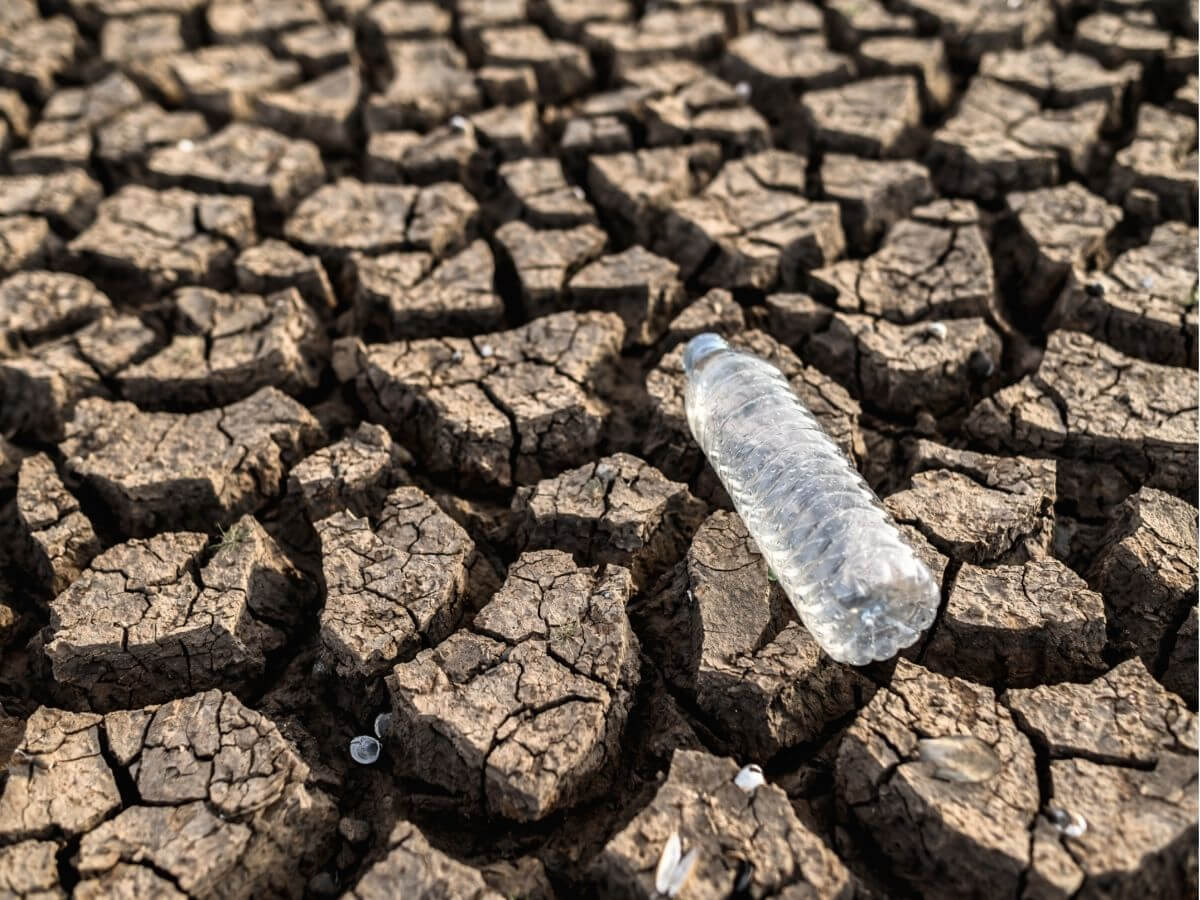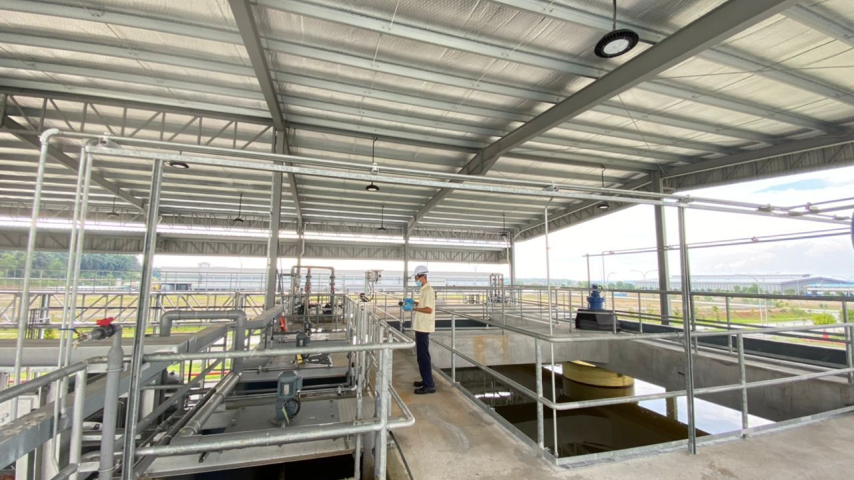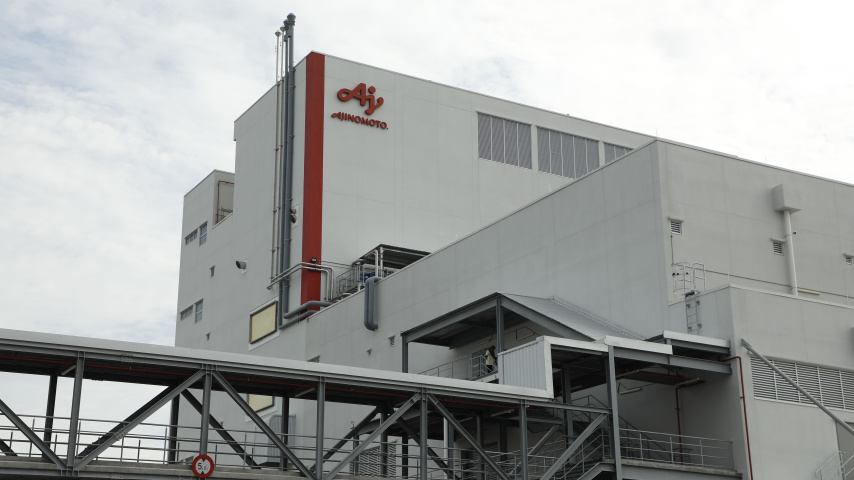A Path Forward for Water Sustainability

By the year 2019, the Malaysian water system coverage by piped water has reached 95.9% of the household areas. The rates go down to 84.7% in the rural area, opening the question of the underutilised water infrastructure and management.
Source: Malaysia's Progress on achieving SDG 6.
Malaysia's water resources are crucial to its sustainable development efforts, since the country receives an average of 3,000 mm of rainfall per year. Although the data is seemingly about abundant availability, it hides persistent problems related to water sustainability.
Understanding Water Sustainability
Water sustainability is a concept that rests upon two pivotal aspects:
- Availability: This dimension generates a consistent level of confidence that the amount of water available will cater for human activities' needs, even during dry periods. It aims to slow the consumption rate at which the water renewal process can handle.
- Quality: The water system must first depend on the criteria of cleanliness and purity. There are different purposes for which water is used, such as for people's consumption, agriculture, industry, and ecosystem preservation.
Importance of Water Sustainability for Malaysia
Securing sustainable water management in Malaysia is significant to enhance the country's economic prosperity, social stability, and unfolding global ecological crisis. Knowing how complex water scarcity is shows that we all must work together to create a comprehensive plan.
Economic Impact
The consequences of water supply disruptions translate into tangible economic losses. Businesses face operational downtime, leading to substantial financial losses, while the real estate sector sees a depreciation in property values in areas frequently affected by water supply issues.
In 2020 alone, the property value of RM459,041 million in Klang Valley, including residential, commercial, and industrial, was at risk due to frequent water supply disruptions. Businesses, of which 46% are SMEs, suffered losses totalling RM4,464 million.
Source: The economic impact of water supply disruption from the Selangor River, Malaysia.
Social Impact
Without enough water, maintaining clean toilets and sewage systems becomes a challenge. This directly increases the prevalence of waterborne diseases. These diseases can lead to severe dehydration, malnutrition, and even death if not properly treated.
Water insecurity has profound implications for food security as well. Agriculture accounts for a significant portion of freshwater usage worldwide; thus, water scarcity limits agricultural productivity and food production.
Environmental Impact
Water is a fundamental element for all living organisms. When water sustainability is compromised—through pollution or over-extraction—the balance of these ecosystems can be disrupted, leading to diminished health and functionality.
Additionally, climate change exacerbates challenges related to water sustainability through alterations in precipitation patterns, melting ice caps which contribute to sea-level rise, and increasing frequency of natural disasters such as droughts and floods.
Sustainable Use of Water and Resources

The sustainable use of water and resources in Malaysia encompasses a range of demand management, supply management, and water quality protection strategies. These efforts balance the nation's water needs, emphasising the importance of sustainability.
Demand Management
- Water-efficient technologies: Malaysia's adoption of water-efficient technologies, particularly in commercial buildings, showcases a commitment to sustainable practices. Green initiatives prioritise water efficiency, contributing to reduced consumption.
- Public awareness campaigns: Initiatives like the Love Our Rivers campaign are pivotal in educating the public about water conservation. Raising awareness is crucial in fostering a collective responsibility for sustainable water usage.
Supply Management
- Rainwater harvesting: Promoting rainwater harvesting, especially after the 1998 water crisis, reflects Malaysia's commitment to sustainable water resources management. This practice mitigates water scarcity by harnessing rainwater for various purposes.
- Wastewater treatment: Wastewater treatment represents an innovative approach to resource management. While already in use, there is potential for further human development, although there's no plan for tertiary treatment systems.
Protecting Water Quality
- Agriculture: Measures to prevent water pollution from agriculture include a sustainable predominant agricultural production system like optimal agricultural management, proper waste disposal, and landscaping techniques that minimise run-off.
Industries: Regulated by the Department of Environment (DOE), Malaysian industries adhere to the Maximum Total Daily Load (TMDL) program, demonstrating a commitment to holistic water pollution control.
Ajinomoto Malaysia Aims for Water Sustainability

Ajinomoto Malaysia has taken significant strides toward enhancing the water sustainability practices with the newly installed rainwater harvesting system at the Bandar Enstek plant.
This initiative not only exemplifies Ajinomoto Malaysia's vision for a sustainable future but also demonstrates practical steps towards reducing reliance on treated water by utilising collected rainwater for landscaping purposes.
Additionally, the commitment to maintaining product hygiene through the exclusive use of treated city water reflects a balanced approach between sustainability and quality assurance.
Ajinomoto Malaysia's efforts have borne fruit at its Kuchai Lama plant, where water consumption saw a substantial reduction of 37.2% in 2023. Although there was a slight increase in intensity by 1.5%, this does not overshadow the overall progress made towards minimising water usage.
Ajinomoto Malaysia remains steadfast in its journey to explore and implement innovative initiatives aimed at enhancing water consumption efficiency further. Through these actions, Ajinomoto Malaysia contributes positively to the sustainability of the markets it serves.


